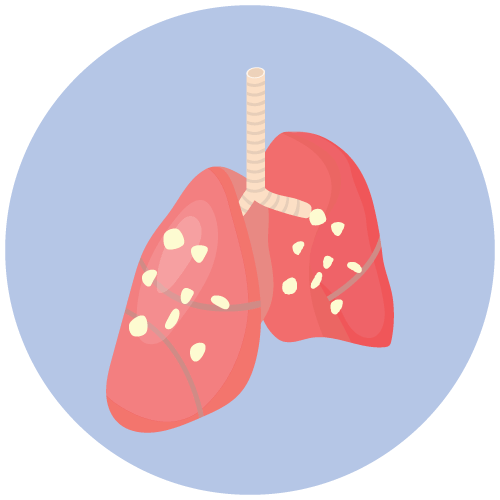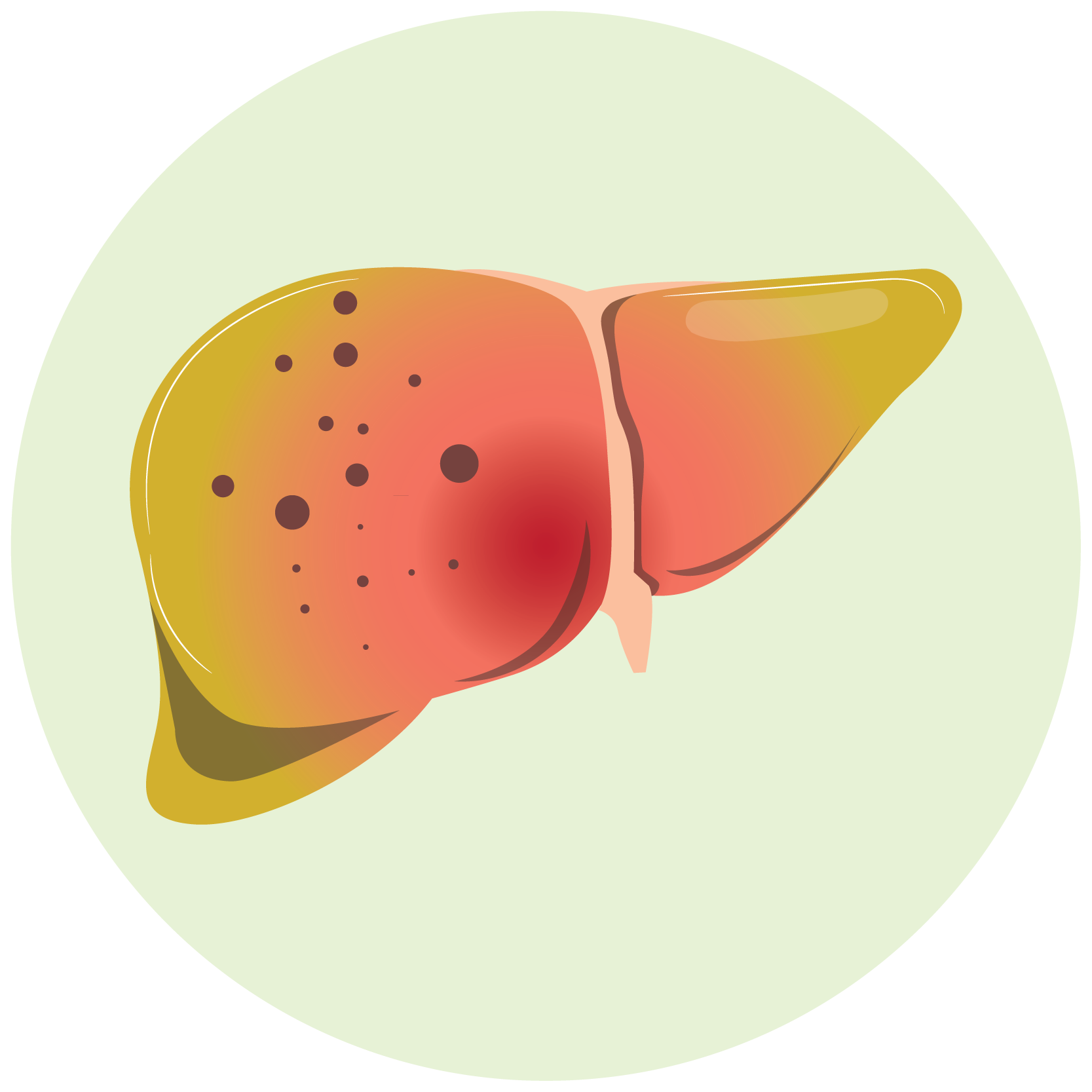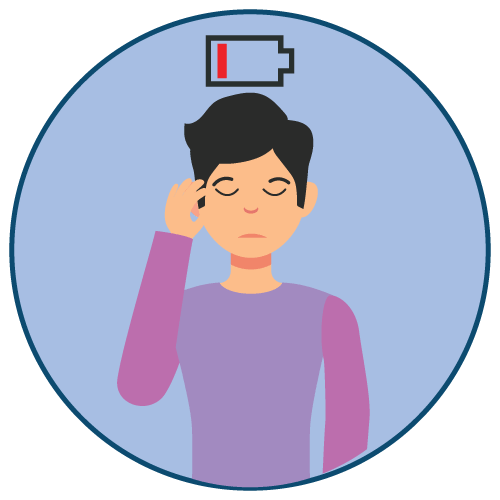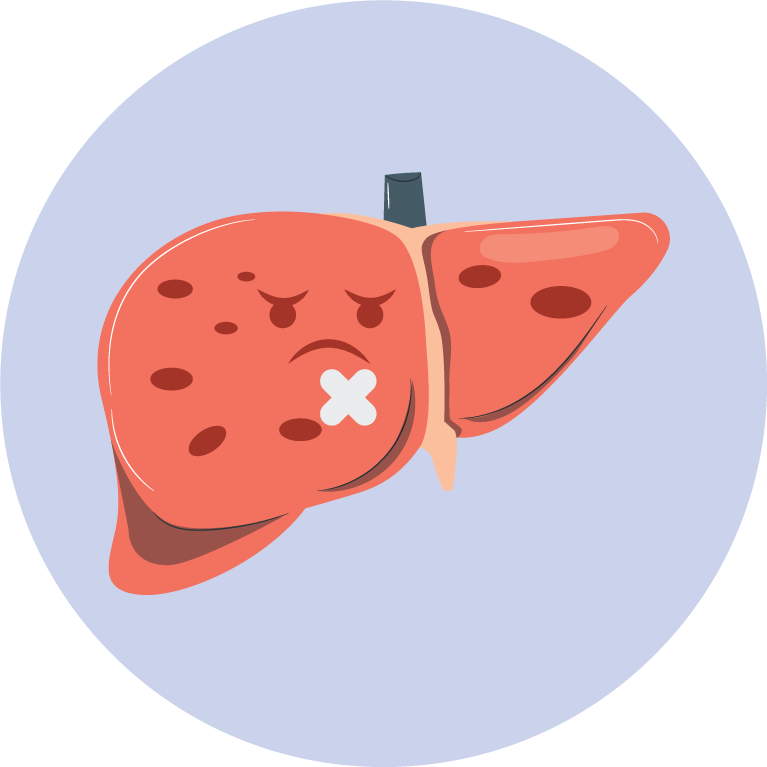Medicine details
| Image |  |
| Name | Rimactazid 300 |
| Dosage | Tablet |
| Generic Name | Isoniazid + Rifampicin |
| Classes |
Antiinfective Agent Antituberculosis Agent Antituberculosis Combination |
| Diseases |
Infectious Disease TB (Tuberculosis) |
| Company | Novartis (Bangladesh) Ltd. |
Drug Package Details
| Strength | 150 mg + 300 mg |
| Storage Condition | |
| Origin Country | Bangladesh |
| Commercial Pack | 50 |
| Price per pack | ৳ 420.00 |
| Cost per pack | ৳ 369.60 |
| Package unit | 10 tabs strip |
| Price per unit | ৳ 8.40 |
| Cost per unit | ৳ 7.39 |
| Discount | 0 |
| Coupon | |
| Remarks |
Isoniazid + Rifampicin
Isoniazid + Rifampicin is a combination of two antimicrobial drugs used in the treatment of tuberculosis. Isoniazid is a synthetic derivative of pyridine, and it works by inhibiting the synthesis of mycolic acids in the bacterial cell wall, which is essential for the growth and survival of Mycobacterium tuberculosis. Rifampicin is a semi-synthetic antibiotic that inhibits RNA polymerase, which is essential for bacterial transcription, thus disrupting bacterial protein synthesis.
Isoniazid + Rifampicin is indicated for the treatment of active tuberculosis caused by Mycobacterium tuberculosis. It is also used for the treatment of latent tuberculosis infection to prevent the development of active disease.
The recommended dosage of rifampicin + isoniazid combination therapy depends on several factors, including the patient's age, weight, and the condition being treated. Generally, the adult dosage for the treatment of tuberculosis is:
- Rifampicin: 600 mg daily (or 10 mg/kg body weight), taken on an empty stomach or 1 hour before meals
- Isoniazid: 300 mg daily (or 5 mg/kg body weight), taken with or without food
For children, the dosage is usually calculated based on their weight, and the recommended dose is typically lower than that for adults. It's important to note that the exact dosage and treatment duration may vary based on the patient's condition and medical history. Therefore, it's always important to follow the dosing instructions provided by the prescribing healthcare provider.
The following adverse reactions have been reported with the use of Rifampicin+Isoniazid-
- Gastrointestinal upset such as nausea, vomiting, and diarrhea
- Hepatotoxicity
- Hypersensitivity reactions, including rash and fever
- Neurotoxicity, including peripheral neuropathy and optic neuritis, dizziness
- Hematological abnormalities such as thrombocytopenia and anemia
- Asthenia
- Liver function should be monitored regularly during treatment with Isoniazid + Rifampicin as hepatotoxicity can occur.
- Patients with liver disease or history of liver disease should be monitored more closely and may require a lower dose of the drug.
- Isoniazid + Rifampicin may cause drug interactions with other medications, and patients should inform their healthcare providers of all medications they are taking.
- Patients should be advised to report any signs of hypersensitivity reactions or neurotoxicity to their healthcare provider immediately.
- Patients with a history of alcohol abuse or liver disease should avoid alcohol during treatment with Isoniazid + Rifampicin as it may increase the risk of liver damage.
- Patients with a history of seizures should be monitored closely as Isoniazid may lower the seizure threshold.
- Isoniazid + Rifampicin may interfere with laboratory tests, and patients should inform their healthcare provider of all medications they are taking before undergoing any tests.
Contraindication
Isoniazid + Rifampicin is contraindicated in patients who have a history of hypersensitivity to either drug or to any component of the formulation.
None known.
Isoniazid + Rifampicin should not be used in patients with severe active liver disease or a history of liver disease, and caution should be exercised in patients with a history of seizures or alcohol abuse.






 Bangla
Bangla English
English